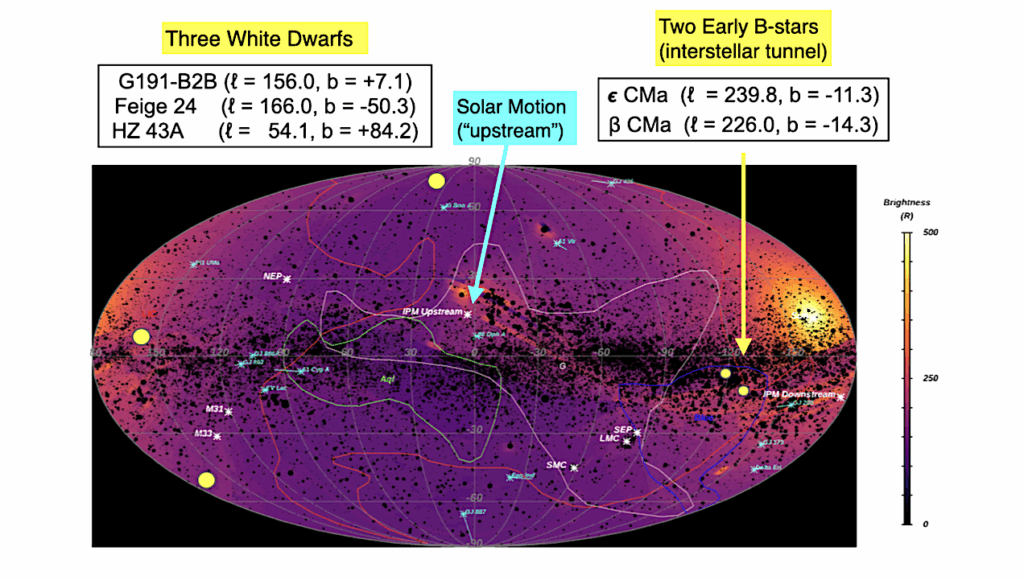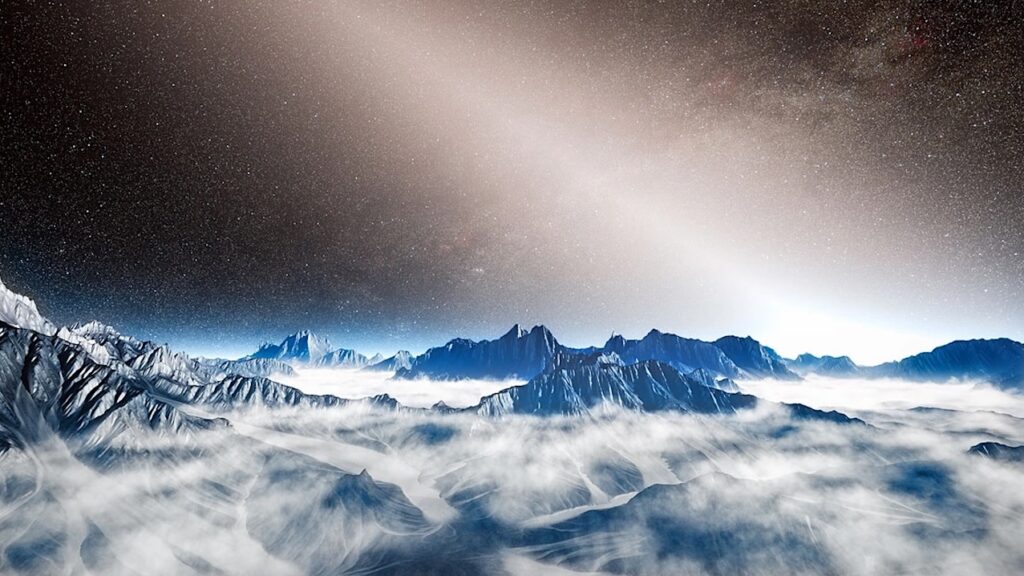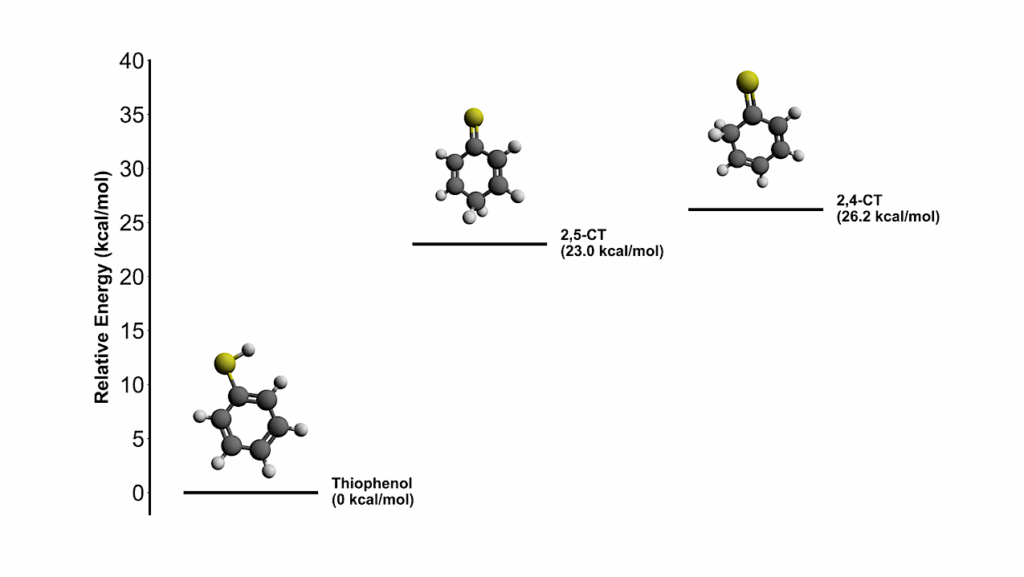A First Order Filter For The Detection of Potentially Habitable Exoplanets

The search for potentially habitable exoplanets is a primary objective in modern astrophysics, yet the vast number of candidates discovered by missions like Kepler and TESS presents a significant challenge for detailed follow-up characterization. An efficient and reliable method for prioritizing the most promising targets is therefore essential.
In this paper, we propose a novel first-order filter for identifying potentially habitable worlds based on a simple geometric ratio: the orbital semi-major axis to the stellar diameter (d/Ds). Using data from the NASA Exoplanet Archive, we demonstrate that the ideal value for this ratio is not constant, but is dependent on the host star’s spectral class.
We establish a tiered framework of ideal ratios, beginning with ≈108 for G-type stars (anchored by the Earth-Sun system), and decreasing by a factor of two for K-type (≈54) and M-type (≈27) stars, respectively. Our analysis reveals a strong correlation, showing that exoplanets whose d/Ds ratios are close to these empirically derived values consistently exhibit high Earth Similarity Index (ESI) scores.
We propose that these tiered ratios represent “Habitability Main Sequences,” analogous to the Hertzsprung-Russell diagram for stars, providing a valuable and straightforward tool for the astronomical community to rapidly screen large datasets and efficiently shortlist high-priority candidates for further investigation with next-generation observatories.
Raka Dabhade, Jebraan Mudholkar, Siddhesh Durgude, Arpit Kottur
Subjects: Earth and Planetary Astrophysics (astro-ph.EP); Instrumentation and Methods for Astrophysics (astro-ph.IM)
Cite as: arXiv:2512.00899 [astro-ph.EP] (or arXiv:2512.00899v1 [astro-ph.EP] for this version)
https://doi.org/10.48550/arXiv.2512.00899
Focus to learn more
Submission history
From: Arpit Kottur
[v1] Sun, 30 Nov 2025 13:54:44 UTC (361 KB)
https://arxiv.org/abs/2512.00899
Astrobiology,








